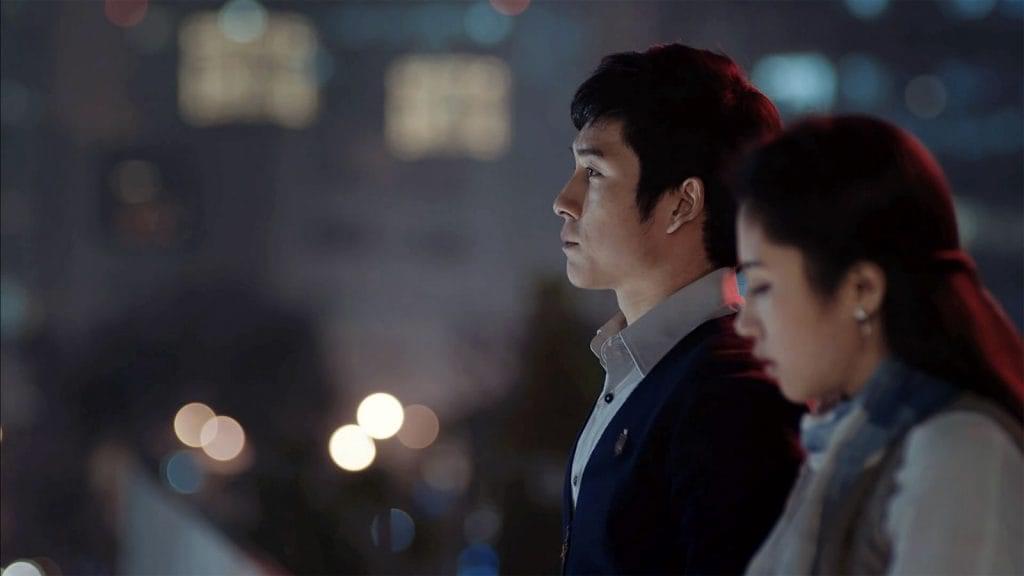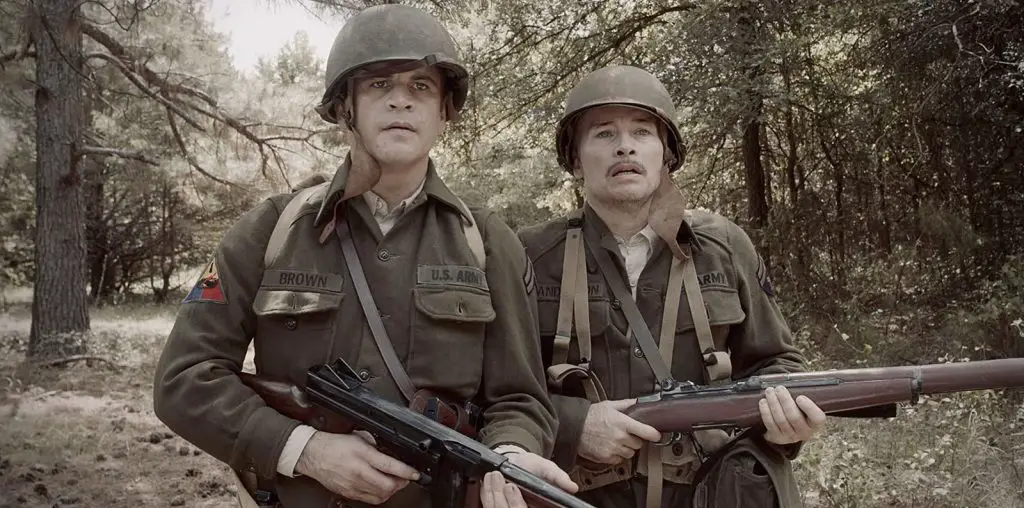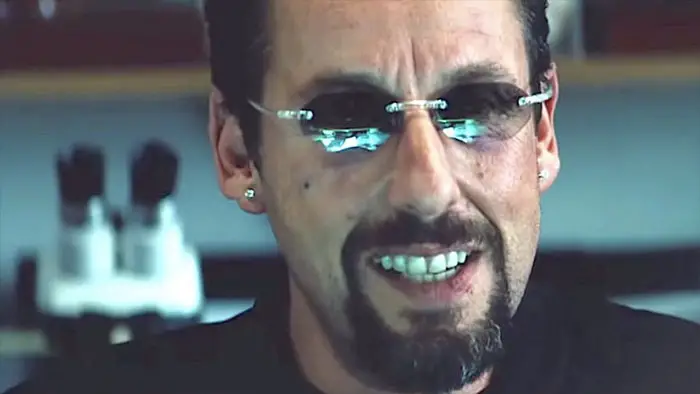
If women in the Islamic world are supposed to be subservient and weak-willed, then nobody informed Zinat Dayraie. Living on the island of Qeshm off the southern coast of Iran, Ms. Dayraie has spent much of her adult life singlehandedly dismantling the misogynistic culture of her country by refusing to wear the ugly veil known as the “borgheh” (which vaguely resembles an old-fashioned catcher’s mask) and by taking employment outside of her home (as a health care worker who combines the duties of nurse, midwife and EMT). In February 1999, Ms. Dayraie took a new swipe at the restrictive Iranian society by declaring herself a candidate for a municipal council election, demanding to be an equal in the political system.
As a one-woman dynamo, Ms. Dayraie is an inspiration to women all over the world. Sadly, the documentary “Zinat: One Special Day” dilutes the opportunity to present her story in its fullest. Filmmaker Ebrahim Mokhtari was prevented by local authorities to film Ms. Dayraie campaigning, so the bulk of the film is relegated to her home on the day of the elections. Stuck in this single setting, the film becomes a static and stagnant experience which only comes to life courtesy of Ms. Dayraie’s wit and spirit.
While clearly a groundbreaking day in her life, Ms. Dayraie’s professional medical duties nearly prevented her from getting to the polls. Three times during the election day, she was called in for late-breaking emergencies which required her input and expertise. By the time she finally got to vote, she was receiving word of some funny business at the polling places as election supervisors complained about alleged bias by having one person write out the ballots for illiterate voters. (Silly ayatollahs…they brought the Koran to Iran but never bothered to teach the masses how to read it properly!)
During the seemingly endless wait for the election results, Ms. Dayraie’s home life is an endless whirlwind. A parade of friends and family come and go; most are, unfortunately, not identified and the viewer is frequently clueless regarding who is on-screen. One visitor is an elderly idiot who lectures Ms. Dayraie in the most ridiculous manner that she should forego her contact with the political and social activities and remain at home; she responds by literally laughing in his face. She then prepares a hefty dinner and joyfully urges the camera crew to join the meal. “There’s time for filming,” she exclaims, pointing to the wonderful cuisine she has created. Her husband, meanwhile, steals away to the television to catch the latest episode of “The Bold and the Beautiful” (not exactly mullah-approved broadcasting, but in Iran satellite TV dishes bring in the best of the wicked west). Eventually word comes in of Ms. Dayraie’s stunning landslide victory, but she abstains from an evening’s celebration to go on a medical call and help bring a dreadfully sick man to the hospital.
With an ebullient personality and a tough sense of humor, Ms. Dayraie is a natural for the camera. When her husband offers a good-natured kidding on her ascent into politics, she returns his needling by stating: “Don’t bug me or I’ll beat you up!” When her inane visitor tries to convince her that women can best tackle issues through home-bound sympathy, she tartly replies: “I became a candidate to avoid being sorry.” But on election night, with victory in hand, she still ventures out into a dismally poor neighborhood on the medical emergency call, directing her male associates on how to bring their patient to their make-shift ambulance (the back of an old pick-up truck) and she rides with the ailing patient in their open-air travels to the hospital.
One major problem with “Zinat: One Special Day” is the undeniable fact that its main subject is the only interesting person here. No one else who comes on camera can match her dynamic personality, and the film is thrown wildly off-kilter when Ms. Dayraie’s home becomes overstuffed with unidentified, colorless visitors. Much of the film’s running time is stuck in a single room, which gets fairly claustrophobic quickly, and the verbosity level often makes this something of a trial.
Strangely, “Zinat: One Special Day” never bothers to show us Qeshm until the final few minutes of the film. Thus, the audience has no idea what kind of a landscape Ms. Dayraie is working within and working against. A quickie post-script narration informs the audience that once she was on the council, Ms. Dayraie enjoyed immediate victories on her pet projects including equal education for girls and the creation of paved roadways. It would seem that “Zinat: One Special Day” ended far too soon, as her election was really just the start of what could be an extraordinary public career.



This is a wonderful documentary. The women is such a great human being and deserves the best the world has to offer and for her dreams to come true. Zinat’s family and friend are amazing. Thank you for being Awesome =)